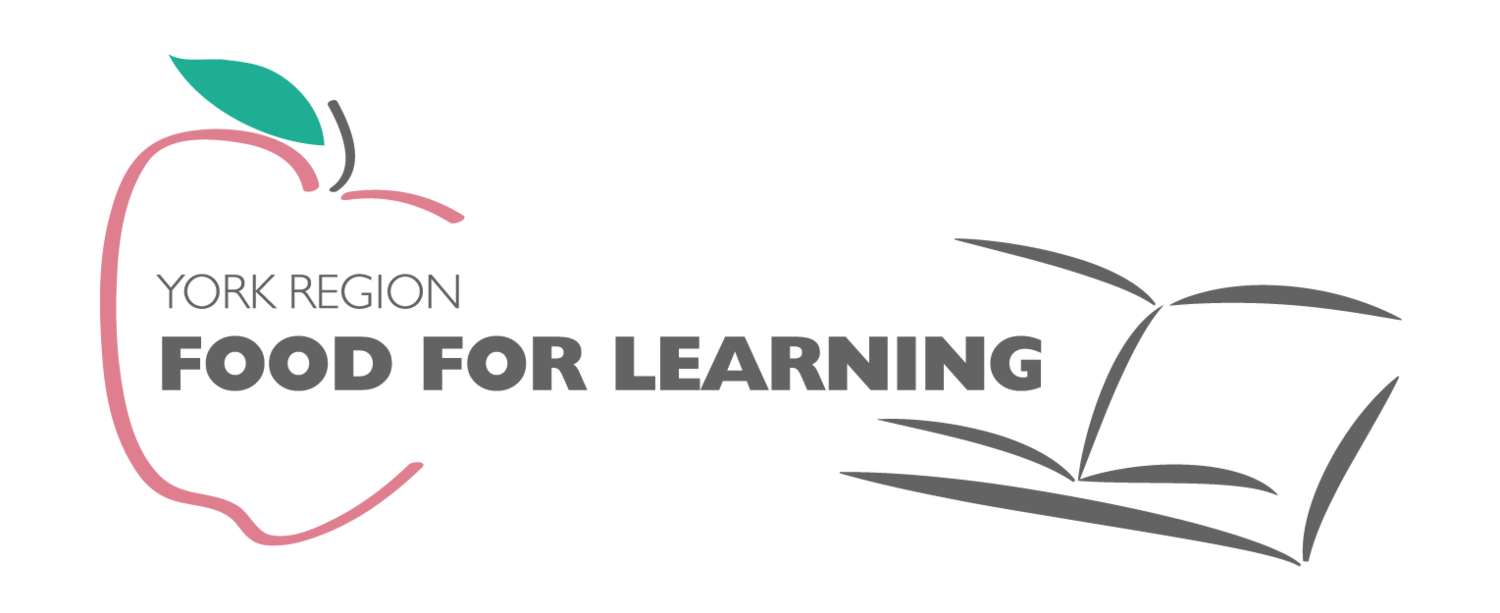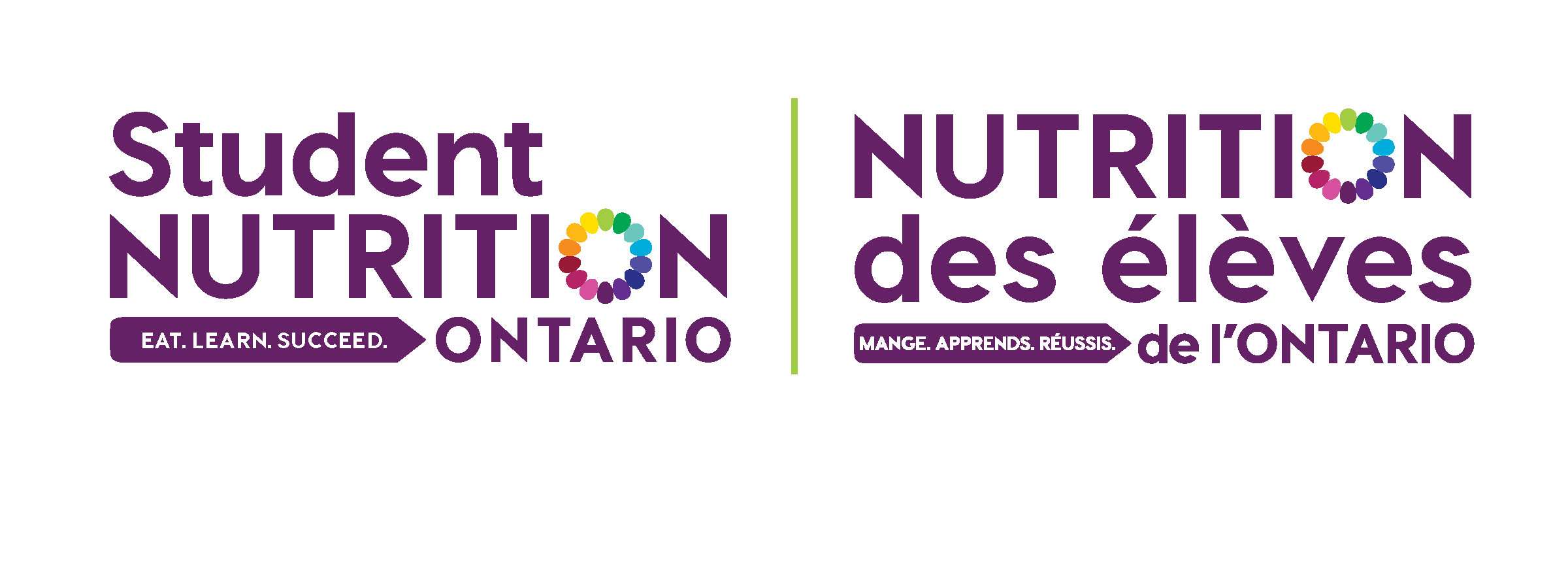Food Safety
Food Handler Certification Program
It is important to handle food safely so that students do not get sick from food offered in Student Nutrition Programs (SNPs). In addition, SNPs can offer a greater variety of foods and beverages if they have at least one volunteer trained/certified in safe food handling. Learn about the basic concepts of food safety, how to reduce the risk of food-borne illness, and how to safely prepare, store and serve food. Those who successfully pass the exam will become Certified Food Handlers, a designation recognized and valid throughout Ontario for 5 years.
Option 1: The Safe Food Handling Training Course for Student Nutrition Programs (FREE!)
Developed for volunteers supporting breakfast, morning meals and lunch programs. This program has been recognized by the Ministry of Health (MOH) to be acceptable at all school sites offering student nutrition programs. Exam questions are integrated right into the course after each section. Participants successfully completing the course receive a certification wallet card that is valid for 5 years. Free to anyone who is helping with a student nutrition program (volunteers, students, staff, etc.) NOTE: this certificate is not acceptable for someone who wants to work in a food establishment (e.g. restaurant). See Option 2.
Option 2: Food Handler Training and Certification (FEE-BASED)
This certification is valid for all restaurants/food premises as well as student nutrition programs. The Ministry of Health has a list of approved equivalent courses which can be found here. At the end of the course/day, you will write your test. Some online courses (self-study) can be as little as $30 and provide you with multiple chances to write the test.
Potentially Hazardous Foods
Potentially hazardous foods are more likely to cause food-borne illness than low-risk foods. Hazardous foods are those that support bacterial growth because they are rich in protein and have high moisture content. These foods need to have their time and temperature watched very carefully to keep bacteria from growing. The more steps involved in preparing and serving food the greater the opportunity for bacteria to grow.
Examples of potentially hazardous foods include cut vegetables, fruits and cheese, cereal with milk, cooked oatmeal, etc. SNPs that serve any potentially hazardous foods must have at least one person trained/certified in safe food handling. This person needs to be in the building when food is prepared/served.
Low-risk or pre-packaged, ready-to-eat foods
Low-risk foods are less likely to grow microorganisms that can cause illness. They are generally considered non-hazardous and do not require time and temperature control.
Examples: whole vegetables, whole fruits, etc. SNPs that serve only low-risk and ready-to-eat, pre-packaged foods do not need to have someone trained/certified in safe food handling on site. However, they must still practice safe food handling.
Learn more Ontario Food Premises Regulation 493/17.
Courtesy of yorksafe food handler certification manual, page 87.
Food Safety Resources
Dishwashing 2-sink method: Poster showing how to clean and sanitize dishes in settings with two sinks.
Dishwashing 3-sink method: Poster showing how to clean and sanitize dishes in settings with three sinks.
Safe food storage: Information about storing foods in refrigerators safely to avoid cross-contamination.
Safe cooking temperatures: Safe cooking temperatures for different types of foods.
Hand-washing: Poster showing the correct hand-washing procedure.
Safe Food Donation Guide: This guide has been developed to assist organizations who accept food donations.
Local Farms
The lead agency for student nutrition programs in Central East Ontario, Peterborough Children and Family Centre, is mandated to approve local farms before Student Nutrition Programs can accept donations and/or buy food from local farms. If you are currently receiving donations from a local farm, or you buy food from a local farm, ensure that you share this information with your Community Development Coordinator.
We will contact the farm to verify that they meet the program food safety standards and best practices. Once the farm is approved it will be included in our vendors list. If you are looking for a local farm to source food from, please contact your Community Development Coordinator.




